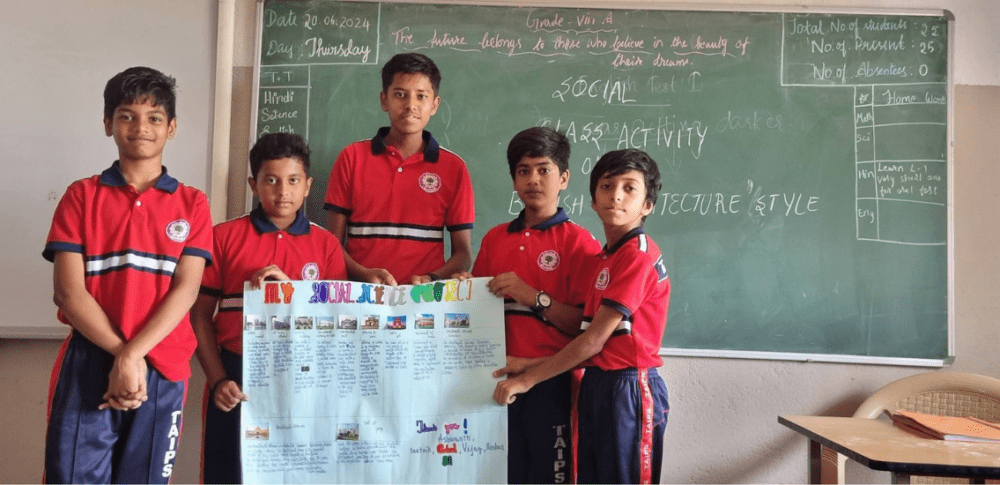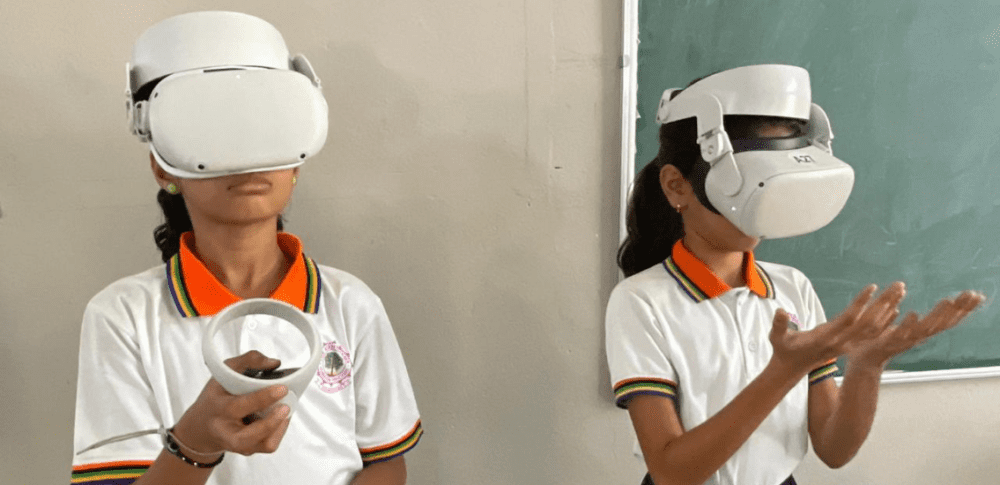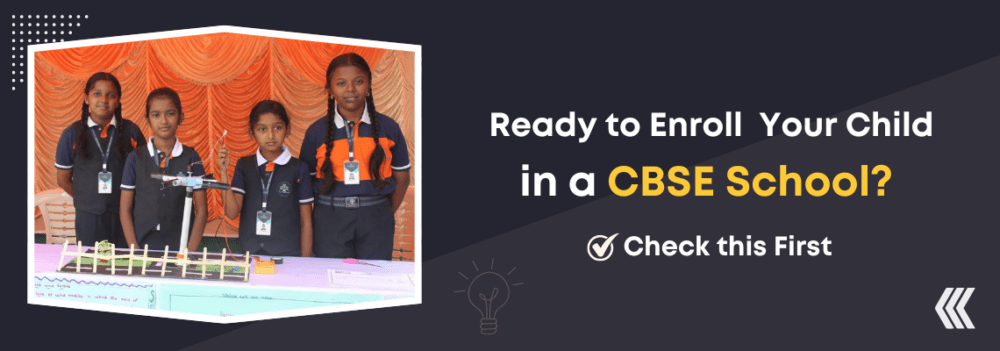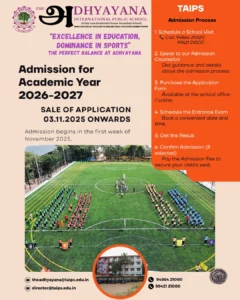Choosing the right school for your child is one of the most important decisions you’ll make as a parent. With numerous options available, selecting a CBSE school can be a daunting task. To help you make an informed choice, here’s a comprehensive checklist to consider before enrolling your child in a CBSE school.
Evaluating Academic Standards
When evaluating a CBSE school, the academic reputation should be at the top of your checklist. Look for schools that have a history of academic excellence and consistently produce high-achieving students. Research the school’s performance in board exams and any accolades or recognition it has received. A strong academic reputation is a good indicator of the quality of education your child will receive.
Teacher Qualifications and Experience
The qualifications and experience of the faculty play a crucial role in the quality of education. Ensure the school employs well-qualified teachers with relevant degrees and teaching credentials. Experienced teachers are more likely to use effective teaching methods and provide better support to students. Don’t hesitate to ask about the faculty’s qualifications and professional development opportunities.
Curriculum and Educational Approach
A good CBSE school should offer a comprehensive curriculum that covers a wide range of subjects and caters to the holistic development of students. Check if the curriculum includes essential subjects like mathematics, science, languages, and social studies, as well as extracurricular activities like sports, arts, and clubs. A balanced curriculum helps in the overall growth and development of your child.

School Infrastructure and Learning Resources
Modern infrastructure and facilities are essential for creating a conducive learning environment. Visit the school to inspect its classrooms, libraries, laboratories, and sports facilities. Ensure that the school has well-maintained buildings, clean and safe surroundings, and access to technology and digital resources. Adequate facilities support effective teaching and learning.
Class Size and Student-Teacher Ratio
The student-teacher ratio is an important factor to consider. A lower ratio means that teachers can give more individual attention to each student, addressing their specific needs and fostering a better learning experience. Find out the average class size and ensure it aligns with your expectations for personalized education.
Extracurricular Programs and Activities
Extracurricular activities play a significant role in a child’s development. They help in building confidence, teamwork, and leadership skills. Check the variety of extracurricular programs offered by the school, such as sports, music, dance, drama, and clubs. A school with a robust extracurricular program ensures that students have opportunities to explore their interests and talents.
Ensuring Safety and Security
The safety and security of students should be a top priority for any school. Inquire about the school’s security measures, including surveillance systems, emergency protocols, and the presence of trained security personnel. Additionally, check if the school has a strict anti-bullying policy and measures to handle any incidents effectively. A safe environment is crucial for your child’s well-being and learning.
Technological Advancements in Education
In today’s digital age, the integration of technology in education is indispensable. Ensure that the school incorporates technology into its teaching methods and provides students with access to digital learning tools. Look for features like smart classrooms, computer labs, and online resources that enhance the learning experience.

Parent-School Collaboration
Parental involvement is key to a child’s academic success. A good CBSE school will encourage and facilitate active parental participation. Check if the school organizes regular parent-teacher meetings, workshops, and events that involve parents in the educational process. Open communication between parents and teachers is essential for addressing any concerns and supporting the child’s development.
Inclusivity and Support Services
Inclusivity in education ensures that all students, regardless of their background or abilities, have access to quality education. Check if the school has policies and practices in place to support students with diverse needs. This includes special education services, counseling, and programs that promote diversity and inclusion. An inclusive school environment fosters respect and understanding among students.
Financial Considerations
While the quality of education is paramount, affordability is also a crucial factor. Compare the tuition fees and additional costs of different CBSE schools. Ensure that the school offers value for money and fits within your budget. Some schools may offer scholarships or financial aid programs, so inquire about these options if needed.
School’s Track Record and Alumni
The track record of the school and the success of its alumni can provide valuable insights into its effectiveness. Research the achievements of former students and how well they have performed in higher education and their careers. A strong alumni network indicates that the school has a lasting positive impact on its students.
Enrolling your child in a CBSE school is a significant decision that requires careful consideration of various factors. By following this checklist, you can ensure that you choose a school that offers high-quality education, a supportive environment, and ample opportunities for your child’s overall development. Taking the time to research and evaluate each aspect will help you make the best choice for your child’s future.




